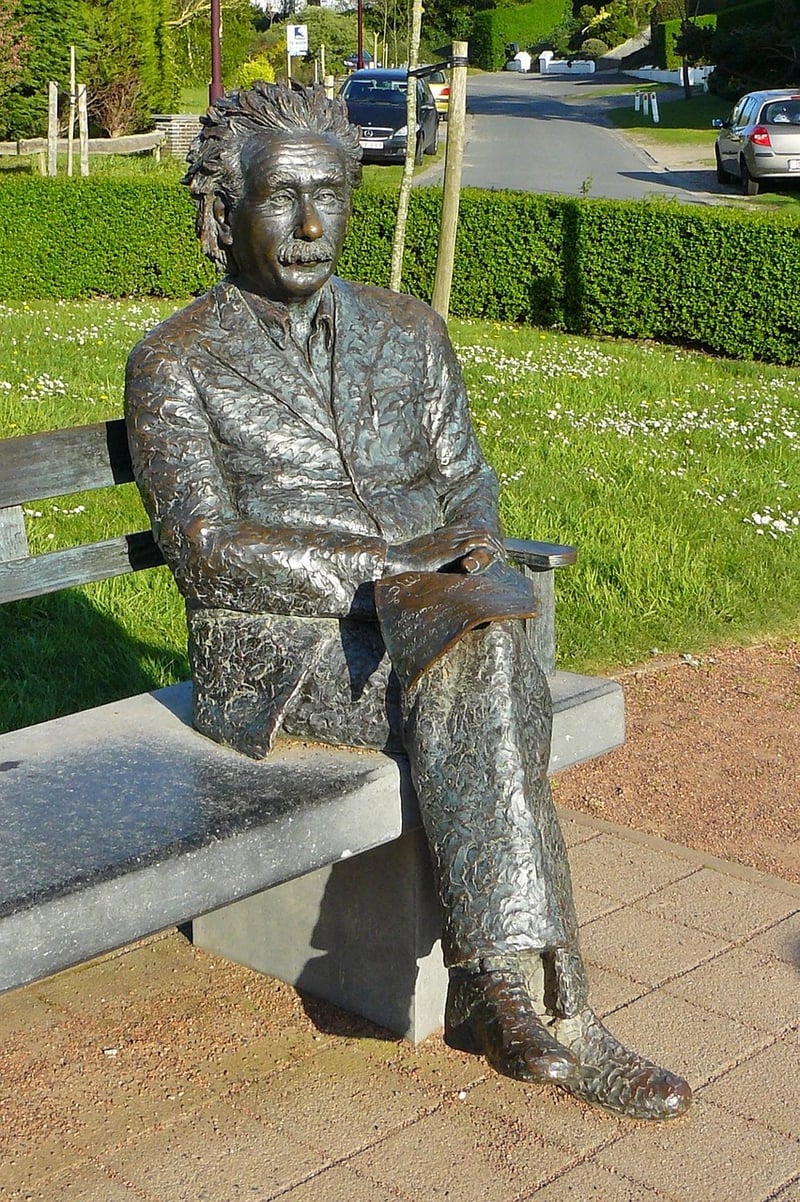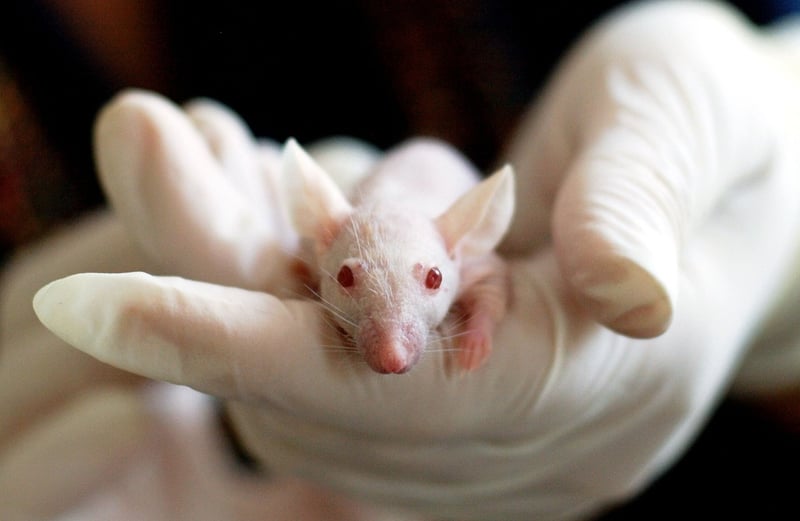Researchers
Exploring Notable Figures in Time Travel and Researchers
Notable Figures in Time Travel
Time travel has long been a fascinating concept in science fiction, inspiring many notable figures and characters. Let's delve into some of the most renowned individuals associated with time travel:
1. H.G. Wells

Renowned for his novel "The Time Machine" published in 1895, H.G. Wells is often referred to as the father of science fiction time travel. His work has had a profound impact on the genre and continues to captivate audiences worldwide.
2. Doctor Who

As a fictional character in the long-running British TV series "Doctor Who," the Doctor is a Time Lord who travels through time and space in a ship known as the TARDIS. The show has become an iconic representation of time travel in popular culture.
Researchers in Time Travel
While time travel remains a theoretical concept, researchers and scientists have delved into its possibilities through various scientific fields. Here are some notable researchers who have explored the concept of time travel:
1. Albert Einstein

Albert Einstein's theory of relativity, particularly the theory of general relativity, laid the groundwork for understanding the relationship between space, time, and gravity. His work opened up discussions about the potential for time travel within the framework of theoretical physics.
2. Stephen Hawking

Renowned physicist Stephen Hawking explored the concept of time travel in various theories, including the idea of closed timelike curves. His contributions to theoretical physics have sparked discussions about the feasibility and implications of time travel.
Time travel continues to capture the imagination of both creators in the realm of fiction and researchers in the realm of science. While the practicality of time travel remains uncertain, the exploration of this concept fuels ongoing curiosity and innovation in the scientific community.
